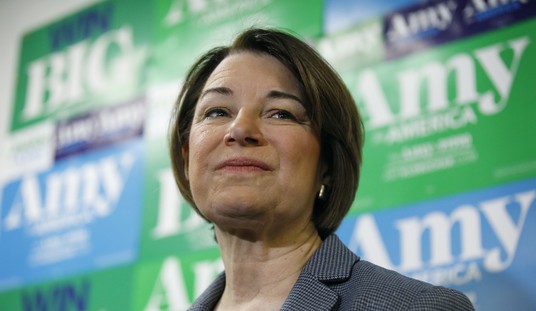You know you’re getting up there when the second generation of musical artists you knew are releasing decades-spanning versions of albums you distinctly remember coming out. Such is the case with Van Halen, who on August 15, 2025, released an expanded version of their 1995 album “Balance,” the band’s fourth and, as it turned out, final studio outing with Sammy Hagar as lead singer.
1995 was an odd time for bands such as Van Halen. The nonstop party boat that the band and its host of pop metal imitators had sailed throughout the 1980s had run aground, dashed against the rocks by a cold, joyless storm front, otherwise known as grunge, that had blown in from Seattle. Even with Kurt Cobain’s death the previous year marking the end of a very brief era, grunge still ruled the rock music landscape as nu metal had not yet begun to take hold. Guns N’ Roses was too preoccupied with its appetite for self-destruction to make any music, and Metallica was taking the year off except for a handful of festival appearances. Van Halen faced the fact that its fan base, teenagers at the band’s public introduction, were now thirtysomethings dealing with mortgage and alimony payments as priorities before music purchases. Its audience needed something that would both transport them back to their carefree high school days and serve as a required, if not wanted, reminder that perpetual adolescence was not a viable life path.
The band had its own set of grown-up problems to tackle as it set out to record what became “Balance.” Hagar and Alex Van Halen were both going through divorces. Eddie Van Halen was trying to maintain his newfound sobriety and deal with hip troubles that developed during the year and would force hip replacement surgery four years later. The band’s longtime manager Ed Leffler, who Hagar credits as having kept the band going throughout his tenure with the group, had passed away from cancer in 1993. The potential for disaster was apparent. Nevertheless, Van Halen made it through the recording sessions more or less intact, and 30 years after its release, “Balance” remains an entertaining listen.
Before digging into the album itself, a thought on the subject that has sparked more debate than the Middle East since 1948. Namely, which Van Halen era was better: the David Lee Roth years, or the Sammy Hagar era? I consider the two to be entirely separate bands. Roth was a far better showman than singer, and if your taste in guitar leans toward crunch over chime, the early Van Halen albums are just the ticket. With the far more vocally capable Hagar on board, on each record subsequent to Hagar’s 1986 debut “5150,” Eddie Van Halen worked ever more toward demonstrating that he possessed the same mastery of tone and texture he had already established to the nth degree with technique, along with presenting his keyboard skills. Love them or not, songs such as “When It’s Love” would have never been possible with Diamond Dave on vocals.
Since the previous closest reach toward spirituality by the band was an occasional word of thanks to the patron saint of party, St. Jack of Daniel’s, it is odd to hear the album’s opening track “The Seventh Seal” kick off not with a screaming guitar dive-bomb but rather the mystic-laden vocal intonations of (depending on who you ask) Tibetan monks or Eddie Van Halen playing around in the recording studio. Regardless of origin, the tones soon give way to the patented Van Halen thudding mid-tempo bass and drums, atop which Eddie Van Halen lays down upper-register chords featuring far more chorus effects than distortion. The result is simultaneously gritty and shimmery, not quite an aural replication of a nightmare but decidedly less than cheerful.
The next track, “Can’t Stop Lovin’ You,” is pure upbeat Hagar-era Van Halen ballad.
This is followed by “Don’t Tell Me What Love Can Do,” which easily qualifies as the most dour song relating to relationships in the Van Halen catalog.
And thus Van Halen set the stage for “Balance.” The band was no longer runnin’ with the devil. It was now running from it and trying to make sense of life from the viewpoint of the morning after the party, not the party itself. The album’s two stabs at party anthems, “Amsterdam” and “Big Fat Money,” are its weakest moments, coming off as contrived rather than authentically celebratory. Its highlight is “Not Enough,” the most gorgeous ballad Van Halen ever produced.
The new rerelease comes with a second CD including “Crossing Over,” a moody, near-mesmerizing tone poem in which Hagar and Eddie Van Halen pushed each other hard to create something far outside the Van Halen norm, and several excellent selections from a June 1995 show in London recorded during the tour to support the then-new album. Higher-end packages with assorted DVDs and extra reading material are also available.
“Balance” was the album on which Van Halen grew up. Sadly, it was also the album marking when the band would irrevocably blow apart.














